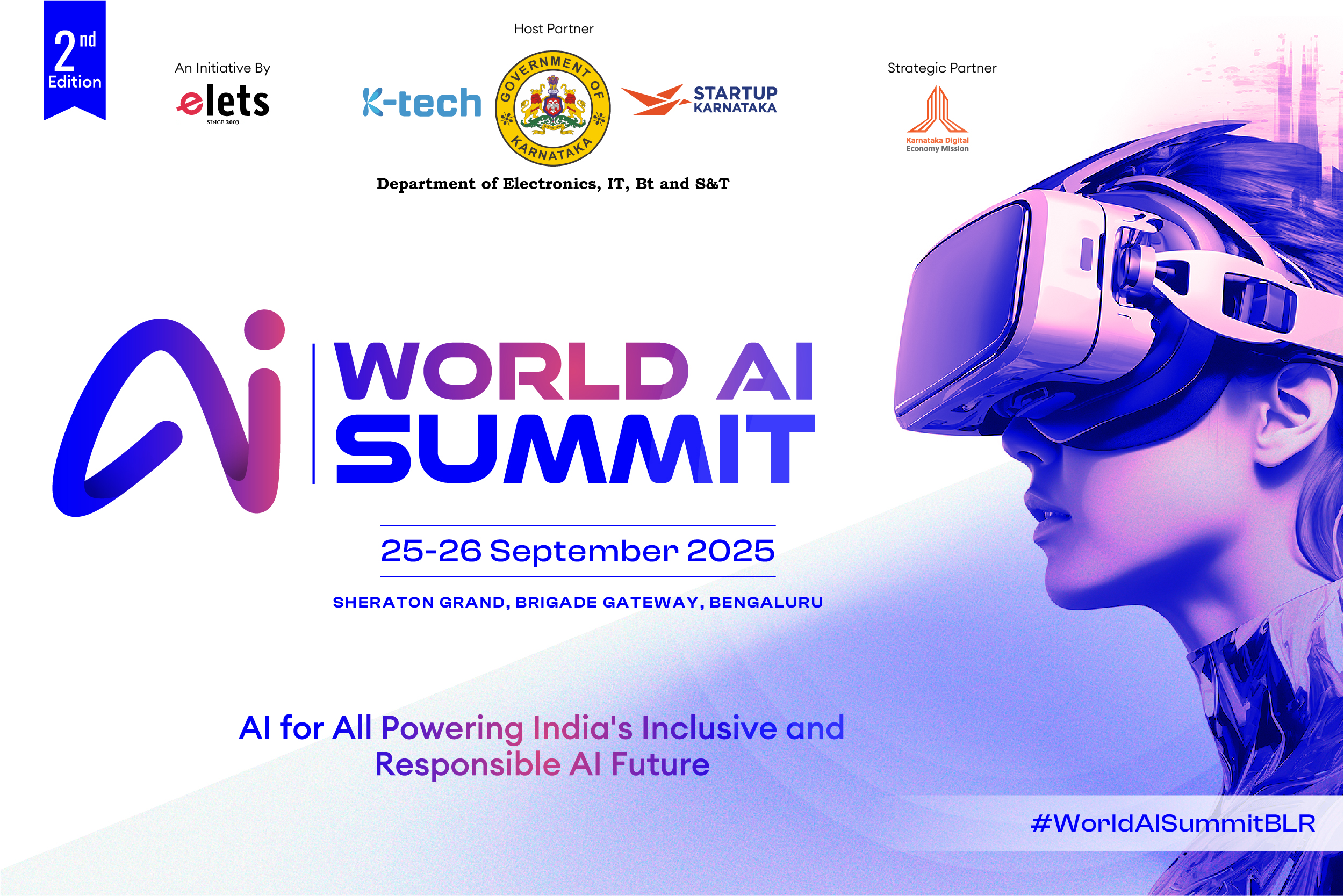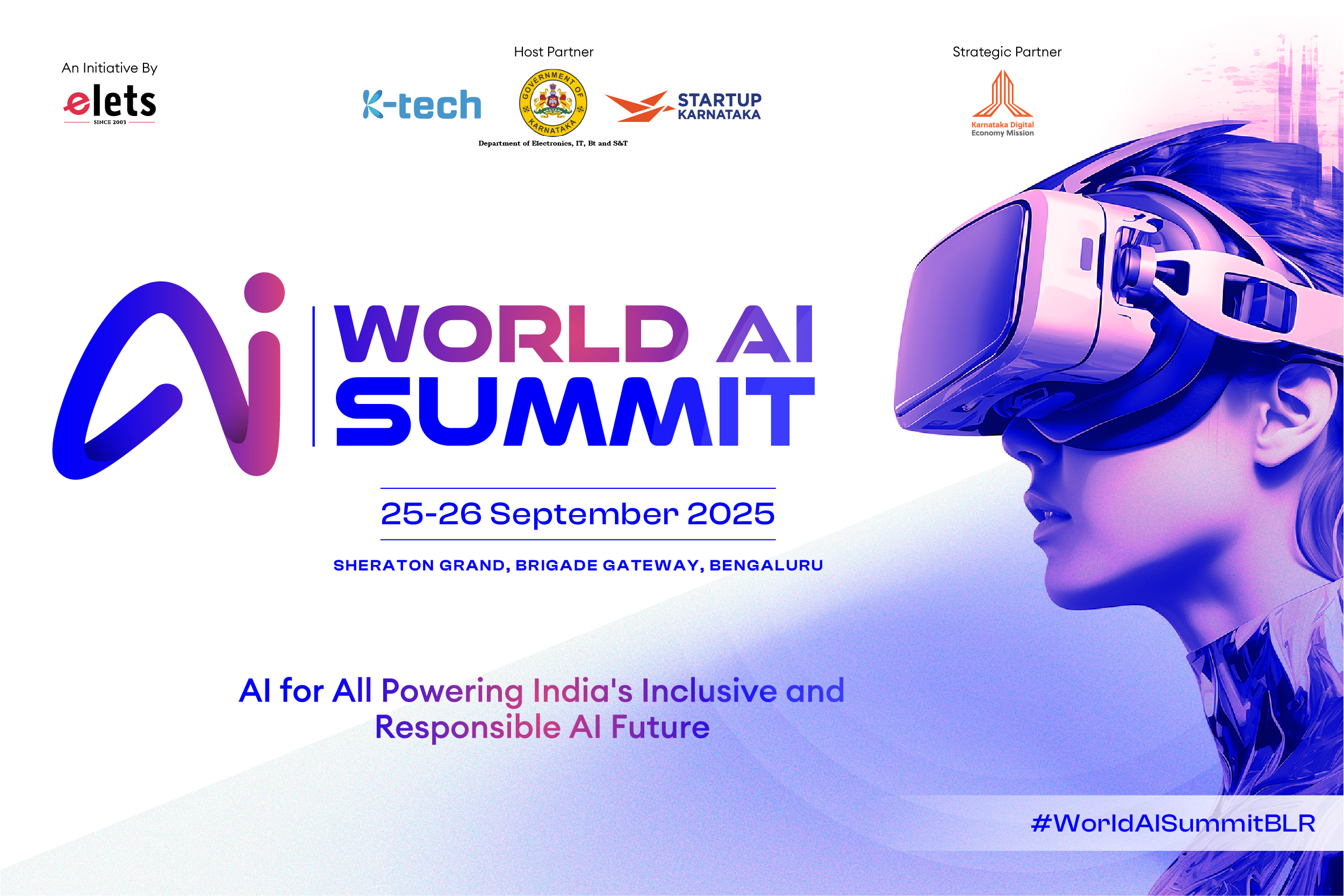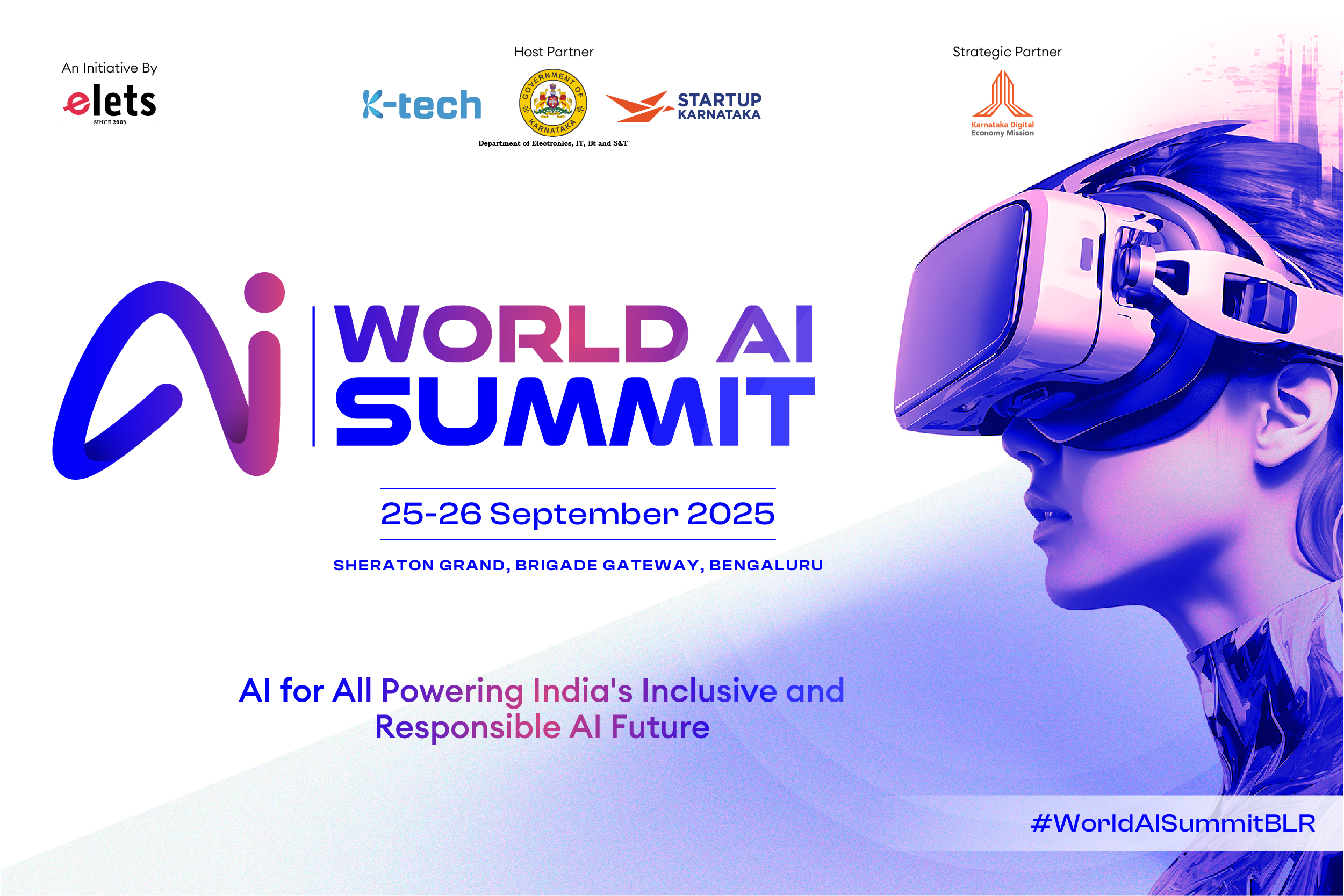
Cognitive technology is a branch of computer science that mimics human brain functions through various methods such as natural language processing, data mining, and pattern recognition. It is expected to have a significant impact on how humans interact with technology in the coming years, especially in the areas of automation, machine learning, and information technology.
The rapid growth in visibility and interest in cognitive technologies is due to the increasing number of applications that are being developed for these technologies. For example, cognitive technologies are being used to develop smarter assistants, create more realistic virtual environments, and improve decision-making processes. In addition, cognitive technologies are also becoming more affordable and accessible, which is contributing to their growing popularity.

Cognitive technologies widely used in various fields

Cognitive technologies are already being used in a variety of business functions by organizations across the economy.

Automated fraud detection systems in banking use machine learning to identify behaviour patterns that could indicate fraudulent payment activity, speech recognition technology to automate customer service phone interactions, and voice recognition technology to verify callers’ identities.
Automatic speech recognition is used in roughly half of US hospitals for transcribing notes dictated by physicians, and its use is rapidly expanding. Mammograms and other medical images are analyzed by computer vision systems. Watson from IBM reads and understands a vast medical literature using natural language processing, hypothesis generation techniques to automate diagnosis, and machine learning to improve its accuracy.
Machine learning systems are being used in life sciences to predict cause-and-effect relationships from biological data and compound activities, assisting pharmaceutical companies in identifying promising drugs.
A number of companies in media and entertainment are using data analytics and natural language generation technology to automatically draft articles and other narrative content about data-focused topics like corporate earnings or sports game summaries.
Machine learning is used by oil and gas producers in a variety of applications, from locating mineral deposits to diagnosing mechanical problems with drilling equipment.
Cognitive technologies are being used in the public sector for a variety of purposes, including surveillance, compliance and fraud detection, and automation.
Machine learning is used by retailers to automatically discover appealing cross-sell offers and effective promotions. Cognitive technologies such as computer vision and machine learning are being used by technology companies to improve products or create entirely new product categories. Cognitive technologies’ potential business benefits go far beyond the cost savings implied by the term “automation.”
They are as follows:
- Quicker actions and decisions (for example, automated fraud detection, planning and scheduling)
- Better results (for example, medical diagnosis, oil exploration, and demand forecasting)
- Improved efficiency (that is, better use of high-skilled people or expensive equipment)
- Cost savings (for example, reducing labour costs with automated telephone customer service)
- Larger scale (that is, performing large-scale tasks impractical to perform manually)
- Product and service development
Be a part of Elets Collaborative Initiatives. Join Us for Upcoming Events and explore business opportunities. Like us on Facebook , connect with us on LinkedIn and follow us on Twitter.
"Exciting news! Elets technomedia is now on WhatsApp Channels Subscribe today by clicking the link and stay updated with the latest insights!" Click here!











